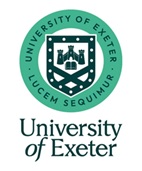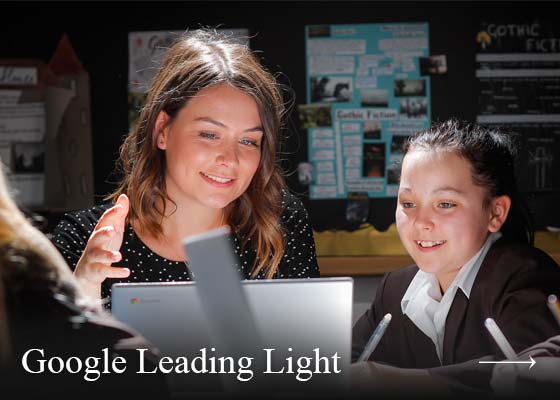Maidstone Grammar School for Girls is currently one of only four Advanced Thinking Schools in the secondary sector, as accredited by the University of Exeter. We believe that advanced thinking plays an important part in helping our students learn as effectively as possible and equips them with the resilience, persistence and independence for a successful future.
Our vision is to create an ethos within the school so that effective learning dispositions become an integral part of our students’ nature. We wish our students to be intellectually sharp, agile thinkers who can think creatively and understand the subtlety & nuance of language and argument. We also want them to be able to draw upon learning experiences & strategies to help solve problems and questions that they do not automatically know the answers to.
By concentrating upon the thinking and learning processes we hope our students will be able to develop effective dispositions or ‘Habits of Mind’ including striving for accuracy, thinking flexibly, asking perceptive questions and being able to ‘think about thinking‘. Understanding the latter helps the person know how to go about solving a problem.

The school’s intention to develop students’ learning through ‘enquiry, extension and enrichment’ is exemplified well in the Year 7 ‘Big Questions’, and is proving highly successful in developing personal initiative and thinking skills.
Ofsted
In lessons students will be encouraged to use their thinking skills in a variety of ways including:
Find out more about Thinking Skills
The school has a very visible and strong ethos, in which students are encouraged to develop as articulate, critical, creative and reflective thinkers, and it is evident that Thinking Skills approaches are central to student learning and development.
Dr Judith Kleine Staarman – The University of Exeter





